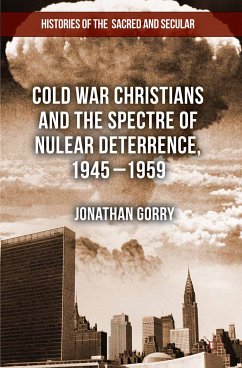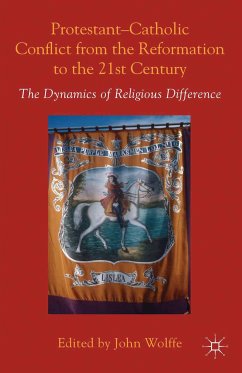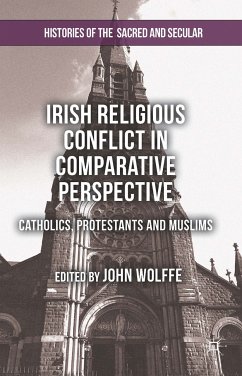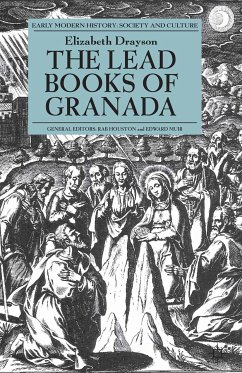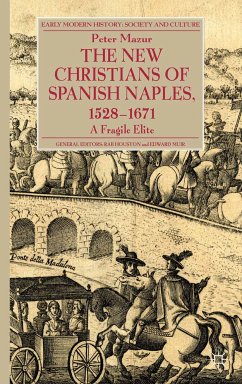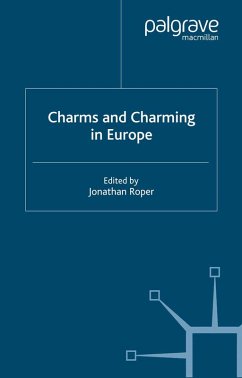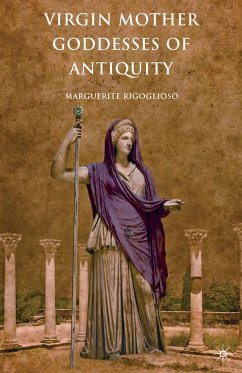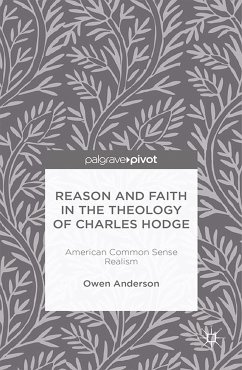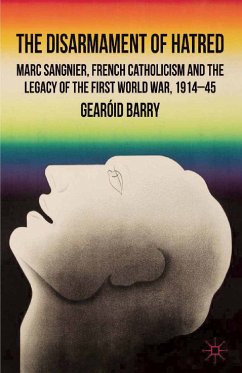
The Disarmament of Hatred (eBook, PDF)
Marc Sangnier, French Catholicism and the Legacy of the First World War, 1914-45
Versandkostenfrei!
Sofort per Download lieferbar
72,95 €
inkl. MwSt.
Weitere Ausgaben:

PAYBACK Punkte
36 °P sammeln!
Documenting an audacious Franco-German movement for moral disarmament, instigated in 1921 by war veteran and French Catholic politician Marc Sangnier, in this transnational study Gearóid Barry examines the European resonance of Sangnier's Peace Congresses and their political and religious ecumenism within France in the era of two World Wars.
Dieser Download kann aus rechtlichen Gründen nur mit Rechnungsadresse in A, B, BG, CY, CZ, D, DK, EW, E, FIN, F, GR, HR, H, IRL, I, LT, L, LR, M, NL, PL, P, R, S, SLO, SK ausgeliefert werden.



